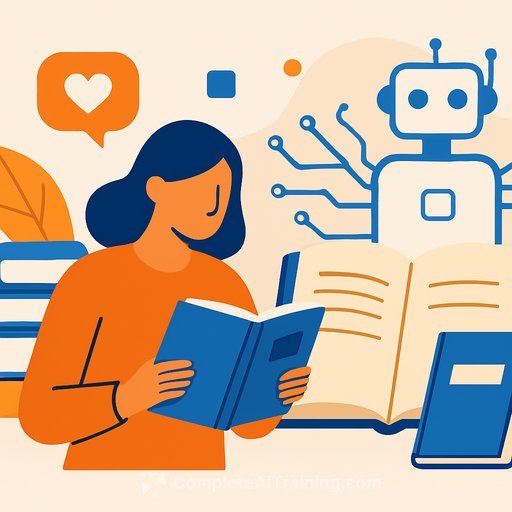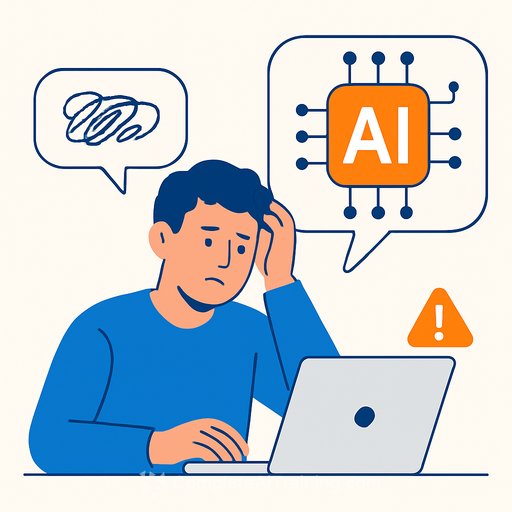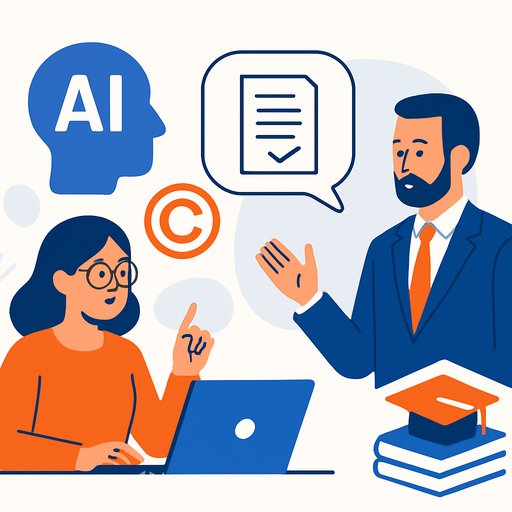'We want our stories to be told': NSW commits $3.2m to writing and literature amid AI pressure
Writing adds $1.3bn to the NSW economy and supports up to 22,000 jobs. Yet the average writer earns just $18,200 from creative work. The NSW government's new Stories Matter strategy puts $3.2m on the table to change that.
The arts minister, John Graham, framed it plainly: "This requires direct action, because there is too much to lose and so much to gain from a strong literary sector in NSW… We want our stories to be told."
What's funded - and how it helps you
- $630,000 for a public library membership campaign, including a pilot to lift participation among women, girls and LGBTQ+ communities across 360+ libraries.
- $200,000 development fund for First Nations writers and publishing professionals.
- Affordable housing residencies: up to four temporary placements and 12-24 month residencies for writers, playwrights and illustrators.
- $500,000 literary fellowships for authors, playwrights and illustrators.
- $225,000 for three co-funded Writing Australia collaborations, including an international marketing arm and financial support for writers touring overseas.
- $100,000 to western Sydney literature organisations for a school-focused program and an emerging writers academy.
The strategy mirrors programs in Canada, Germany, France and Scandinavia, aiming to strengthen income, readership and opportunities in a publishing market under pressure from digital media and AI.
Why this matters for your career
Low incomes, shrinking attention, and AI-driven disruption are real constraints on creative time and market reach. Direct grants, residencies and library-led readership growth address each of those issues: more time to write, more places to live and work, and more readers.
As Charlotte Wood put it, "Literature is absolutely central to the intellectual life and psychology of any nation… Unless governments begin to take reading and literary contribution seriously, that flourishing intellectual life is doomed to evaporate."
Novelist and critic James Bradley said the strategy will "make a material difference to the lives of the state's writers by investing in creators, strengthening the literary ecosystem and fostering a range of new partnerships."
Practical next steps for NSW writers
- Track application windows: Watch for fellowship, residency and development fund guidelines via Create NSW.
- Prep your materials: Update your manuscript samples, project synopsis, touring plan and budget. Have a 1-page impact statement ready for each program.
- Use libraries strategically: Join, run events, pitch workshops, and grow your local audience through the membership push.
- First Nations writers: Line up mentors, collaborators and a clear development pathway to strengthen your funding case.
- Western Sydney: Connect with local organisations for the school program and emerging writers academy; build teaching and community engagement into your CV.
- Plan for international: If you have a book with overseas potential, prepare a rights one-pager and author pitch deck to tap the new marketing and touring support.
AI, copyright and compensation: where things stand
The Australian Society of Authors (ASA) says Australian writers and illustrators may be eligible under a US$1.5bn class action settlement against Anthropic in the US. The case alleges copyrighted books from shadow libraries like LibGen were used to train a chatbot model.
ASA's chief executive, Lucy Hayward, urged government action: a mandatory code requiring big tech to license Australian copyright works for AI training and pay ongoing fair compensation for works already ingested.
Other cases continue, including claims involving Books3 and alleged use by major tech companies. Richard Flanagan, after finding his novel in a pirated dataset, said: "I felt as if my soul had been strip-mined and I was powerless to stop it." The Australian Publishers Association's Stuart Glover added: "Tech needs to stop pretending this is 'fair use' of authors' and publishers' work."
- Action for you: Check your eligibility and stay updated via the Australian Society of Authors. Keep records of your publications and ISBNs.
Make the most of the moment
Funding eases the time-money squeeze. Library and school programs build readers. International support opens new markets. Use all three: plan your projects, show your impact, and keep your rights protected.
If you're integrating AI into your workflow, do it on your terms. Here's a vetted roundup of tools that actually help with drafting, ideation and editing: AI tools for copywriting.
The message is clear: your work matters, your rights matter, and there's fresh support to keep you writing - and being read.
Your membership also unlocks:






